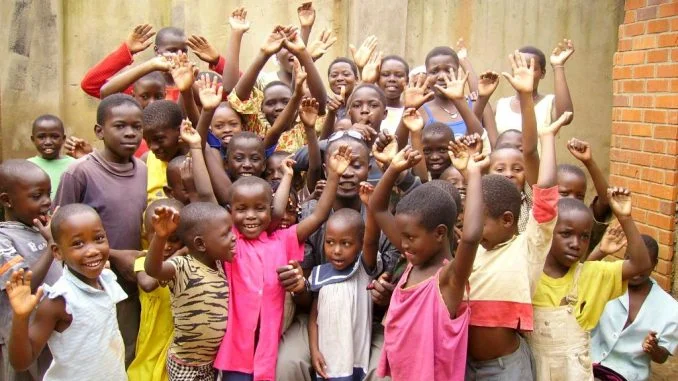The Ministry of Gender, Labour, and Social Development (MGLSD) has officially identified 24 child care homes in Mukono district that are at risk of closure. This initiative serves as a pilot study with the broader goal of addressing numerous other illegal homes throughout the country.
The comprehensive list of identified child care homes will be released following final thorough inspections.
Shafik Butanda, the Principal Probation and Social Welfare Officer at the Ministry, explained that the campaign focused on areas such as Wakiso, Mukono, Jinja City, and Jinja District, where child care homes were reported to pose risks to children. The efforts, however, were constrained by limited resources.
“We decided to focus on Mukono where both the technical and political teams are more compliant and willing to support the campaign intended to ensure that children grow up in a supportive family environment,” Butanda said during a media brief on Tuesday 27, February 2024 evening at Mukono.
The current pilot campaign has the objective of locating the families of affected children and facilitating their reunification. In cases where families cannot be traced, the plan is to place the children under the care of foster families and approved homes. Shafik Butanda, the Principal Probation and Social Welfare Officer at the Ministry, reported the identification of approximately 200 willing foster parents across the country.
Ministry of Gender statistics reveal that there are only 190 approved homes nationwide, accommodating 9,700 children, with 80 percent of them situated in the central region. Despite this, Butanda warns that the number of unapproved homes is on the rise, prompting the intention to launch a crackdown.
Mukono District Probation Officer, James Ntege, disclosed that the district has 11 approved homes but has also identified 24 illegal ones housing 1,200 children. Research conducted by the Ministry of Gender attributes the migration of children to the streets and alternative homes to various factors, including financial and material poverty, domestic violence, parental loss or separation, disability, chronic illness, humanitarian emergencies, and cultural practices.
Robert Peter Kabanda, the Chairperson of Mukono Central Division, welcomed the initiative, emphasizing the importance of good parenting for both children and the community. He highlighted the potential life-threatening consequences and negative impacts on child protection and wider society due to inadequate care.
The regulation of children’s homes in Uganda is governed by the Children Act and supported by the Children Rules. These instruments outline rules for alternative care homes, covering types and levels of care, approval criteria, parental visitation, and the circumstances under which a child may leave alternative care.
The approval process involves the Minister of Gender confirming the presence of social welfare and medical requirements for children. The Children’s Act allows for the revocation of approval if a home fails to meet specified rules and standards upon assessment. Closure notices are served, and operations cease within three months or within a further period as permitted by the Minister.
Illegal homes, after receiving a closure notice, have the option of voluntary self-closure by notifying the minister in writing. Closure can take various forms, including total closure, transition, repurposing for other community-based interventions, or emergency closure if immediate risks to children’s life, health, or well-being are identified.
Planned closure involves a structured process for homes falling short of minimum standards, leading to eventual closure as per the Children (Approved Homes) Rules, 2013.

